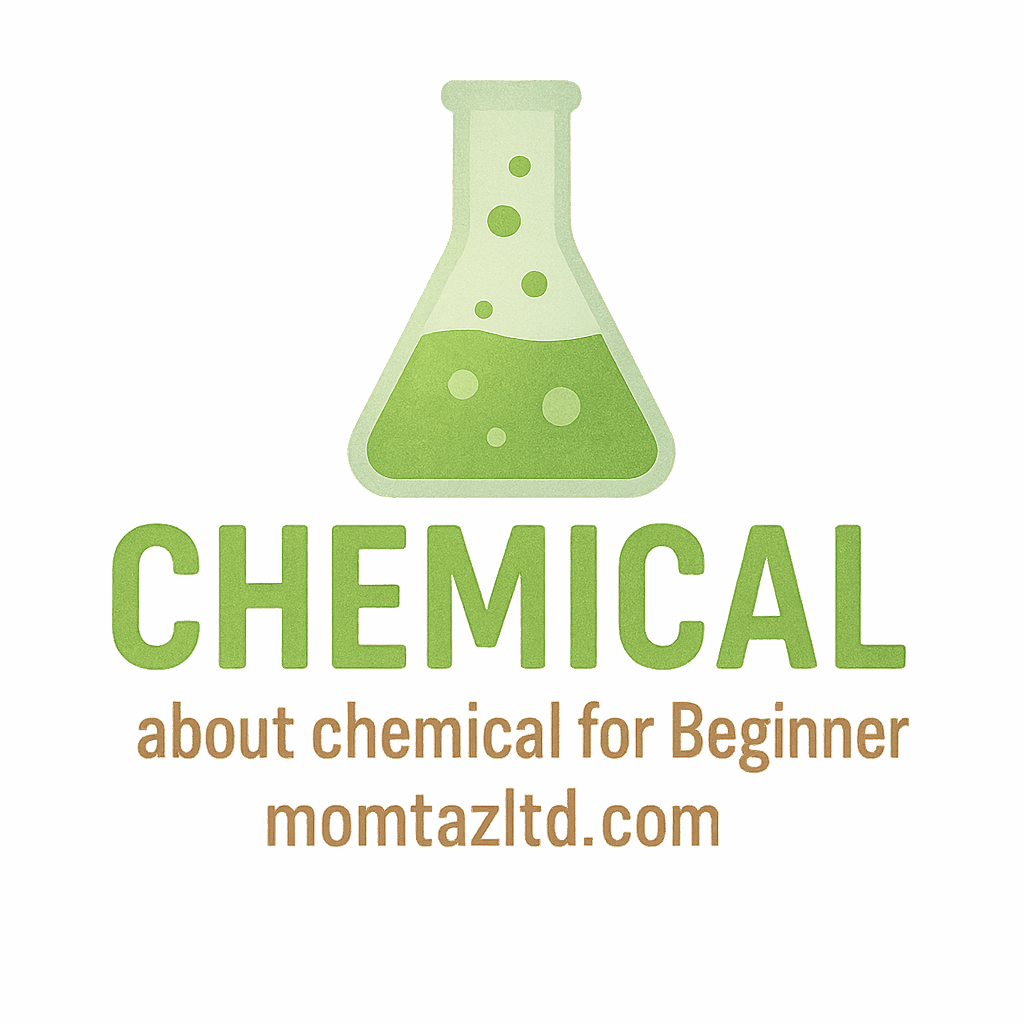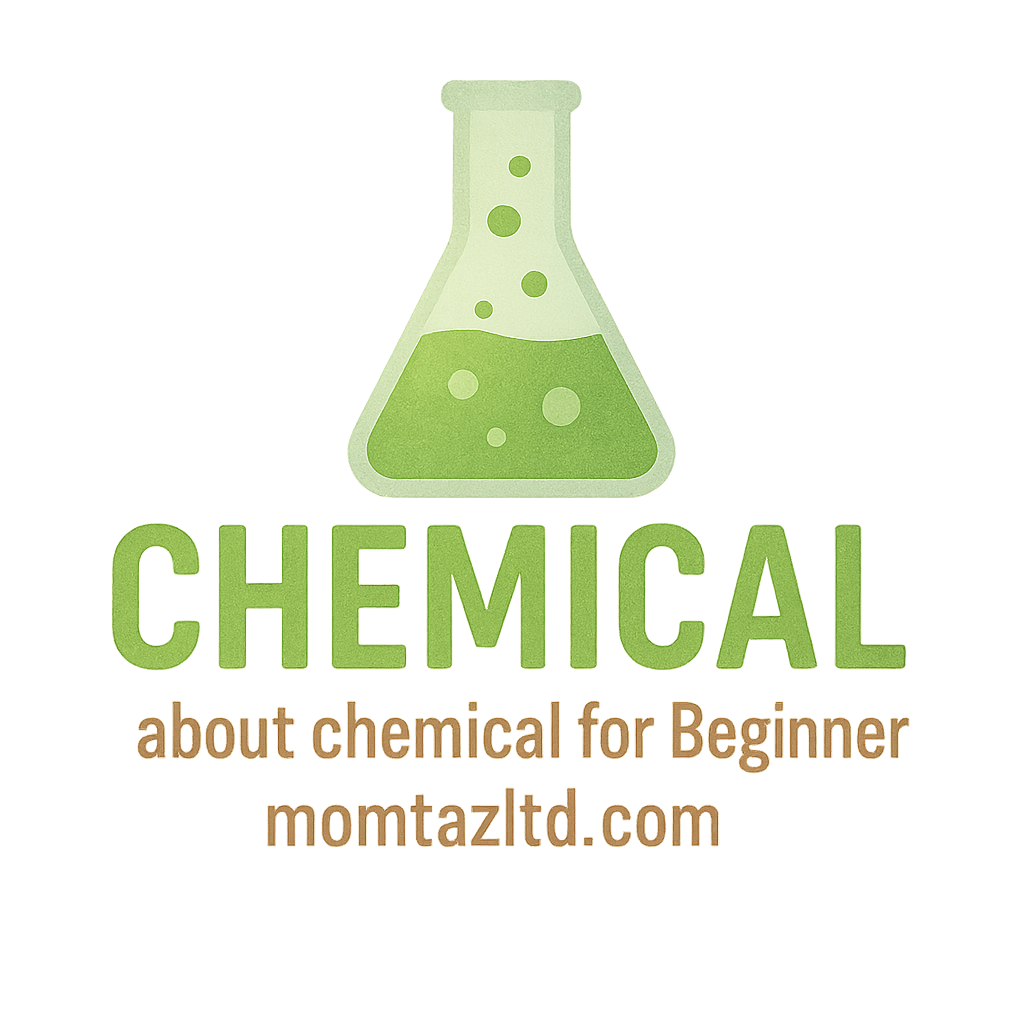Introduction: Why Beginners Need Reference Books in Chemistry
Getting started in chemistry can feel like stepping into a whole new world of strange symbols, long names, and invisible reactions. That’s where reference books come in handy—they act like friendly guides who explain concepts, show you examples, and keep you from feeling lost. For beginners, having the right book isn’t just about studying—it’s about building confidence and nurturing curiosity about how the world works.
How to Choose the Right Chemistry Book as a Beginner
Before we dive into the list, let’s talk about how to pick the right book. Not every chemistry book is created equal, and the best one for you depends on your goals and background.
Understand Your Learning Goals
Do you just want a broad overview, or do you see yourself diving into chemical careers later? Knowing your goals helps you choose between simple guides and more advanced reference materials.
Match the Book Level to Your Knowledge
If you’re fresh out of high school, an introductory book is perfect. If you already know some chemical basics, you might be ready for something more detailed.
Look for Clear Explanations and Examples
The best beginner books explain concepts with real-life applications—like why household chemicals clean your kitchen or how chemical reactions make fireworks colorful.
1. Chemistry: The Central Science by Brown, LeMay, Bursten
Why It’s Great for Beginners
This book is considered the gold standard for first-year chemistry students. It breaks down tough topics into digestible sections without oversimplifying.
How It Covers Chemical Basics
From atomic structure to chemical reactions, it gives a well-rounded introduction. It’s often used in college courses, so you’ll know you’re learning the same fundamentals as future chemical scientists.
2. Introductory Chemistry by Nivaldo Tro
Easy-to-Understand Language
Tro’s writing feels like a teacher talking directly to you. No jargon, no fluff—just clear, step-by-step guidance.
Real-Life Chemistry Applications
This book explains chemistry in everyday life—like why soda fizzes or how soaps interact with grease, making it relatable for those exploring household chemicals.
3. General Chemistry: Principles and Modern Applications by Petrucci
Balanced Theory and Practice
Petrucci’s book balances theoretical explanations with real-world practice questions, making it perfect for self-learners.
Strong Focus on Chemical Reactions
If you’re fascinated by how one element transforms into another, this book’s deep dive into chemical reactions is for you.
4. Chemistry Made Easy: An Illustrated Study Guide for Students by NEDU
Visual Learning Approach
Packed with diagrams, charts, and illustrations, this book is ideal for visual learners who struggle with dense text.
Simplified Explanations of Chemical Terms
Complex chemical terms are broken down into bite-sized explanations, making them easy to remember.

5. Organic Chemistry as a Second Language by David R. Klein
Step-by-Step Learning
Organic chemistry often scares beginners, but Klein simplifies it into small, manageable lessons.
Beginner-Friendly Organic Chemistry
Instead of overwhelming you with memorization, it focuses on understanding patterns—a must-have if you plan to move into industrial chemicals or advanced lab work.
6. The Cartoon Guide to Chemistry by Larry Gonick
Fun and Engaging Learning
Imagine learning chemistry through cartoons. This book makes tough concepts feel like comic strips, keeping you entertained while learning.
Making Chemical Reactions Memorable
Because the explanations are visual and funny, you’re less likely to forget important safety lessons around chemical accidents.
7. Chemistry for Dummies by John T. Moore
A Friendly Introduction to Chemical Concepts
If the word “chemistry” makes you nervous, this book takes away the fear. It explains concepts in plain English, with a dash of humor.
Breaking Down Chemical Safety and Storage
It also touches on important real-world skills like chemical safety and chemical storage.
8. Principles of General, Organic, and Biological Chemistry by Janice Gorzynski Smith
Linking Chemistry with Biology
If you’re interested in life sciences, this book bridges the gap between biology and chemistry—explaining how chemicals interact in living organisms.
Useful for Students Exploring Chemical Careers
It’s especially handy if you’re curious about chemical careers in healthcare, pharmaceuticals, or lab sciences.
9. The Elements Book: A Visual Encyclopedia of the Periodic Table by DK
Stunning Visuals of Chemical Elements
This encyclopedia brings the periodic table to life with photos, fun facts, and easy-to-follow explanations.
Great for Beginners and Lab Enthusiasts
Whether you’re a student or just curious about laboratory chemicals, it’s a fantastic desk companion.
How These Books Help with Practical Learning
Building a Foundation in Laboratory Chemicals
With the basics in hand, you’ll better understand how laboratory chemicals work, making hands-on experiments less intimidating.
Preventing Chemical Accidents through Knowledge
The more you know about chemical safety, the better you can prevent accidents in labs, schools, or even at home.
Complementary Resources for Beginner Chemistry Learners
Online Platforms and Tutorials
Platforms like YouTube or Khan Academy are great companions to books, especially for visual learners.
Articles from Momtaz Ltd
The Momtaz site offers practical reads on chemical basics, household chemicals, and even tips from chemical scientists.
Explore More Topics
Conclusion
For beginners, chemistry doesn’t have to be intimidating. With the right reference book, complex concepts turn into clear, exciting ideas. Whether you love visuals, prefer step-by-step lessons, or enjoy a lighthearted approach, these nine books will guide you from zero to confident learner. And if you pair them with trusted online resources like Momtaz Ltd, you’ll be well on your way to mastering the fascinating world of chemistry.
FAQs
- Which chemistry book is best for absolute beginners?
Chemistry for Dummies is a great starting point thanks to its simple, no-stress explanations. - Are illustrated chemistry books better for learning?
Yes—books like Chemistry Made Easy and The Cartoon Guide to Chemistry make abstract ideas more tangible. - Do I need multiple reference books as a beginner?
Not necessarily, but using 2–3 books gives you different perspectives and helps reinforce learning. - What’s the difference between general and organic chemistry books?
General chemistry covers all basics, while organic chemistry focuses on carbon-based compounds and reactions. - Can these books help me avoid chemical accidents at home?
Absolutely. Understanding household chemicals and chemical safety prevents mistakes. - Are these reference books good for lab practice?
Yes, especially those with strong sections on laboratory chemicals and lab experiments. - Do I need online resources alongside books?
Definitely—pairing books with sites like Momtaz Ltd gives you real-world applications and updates.


